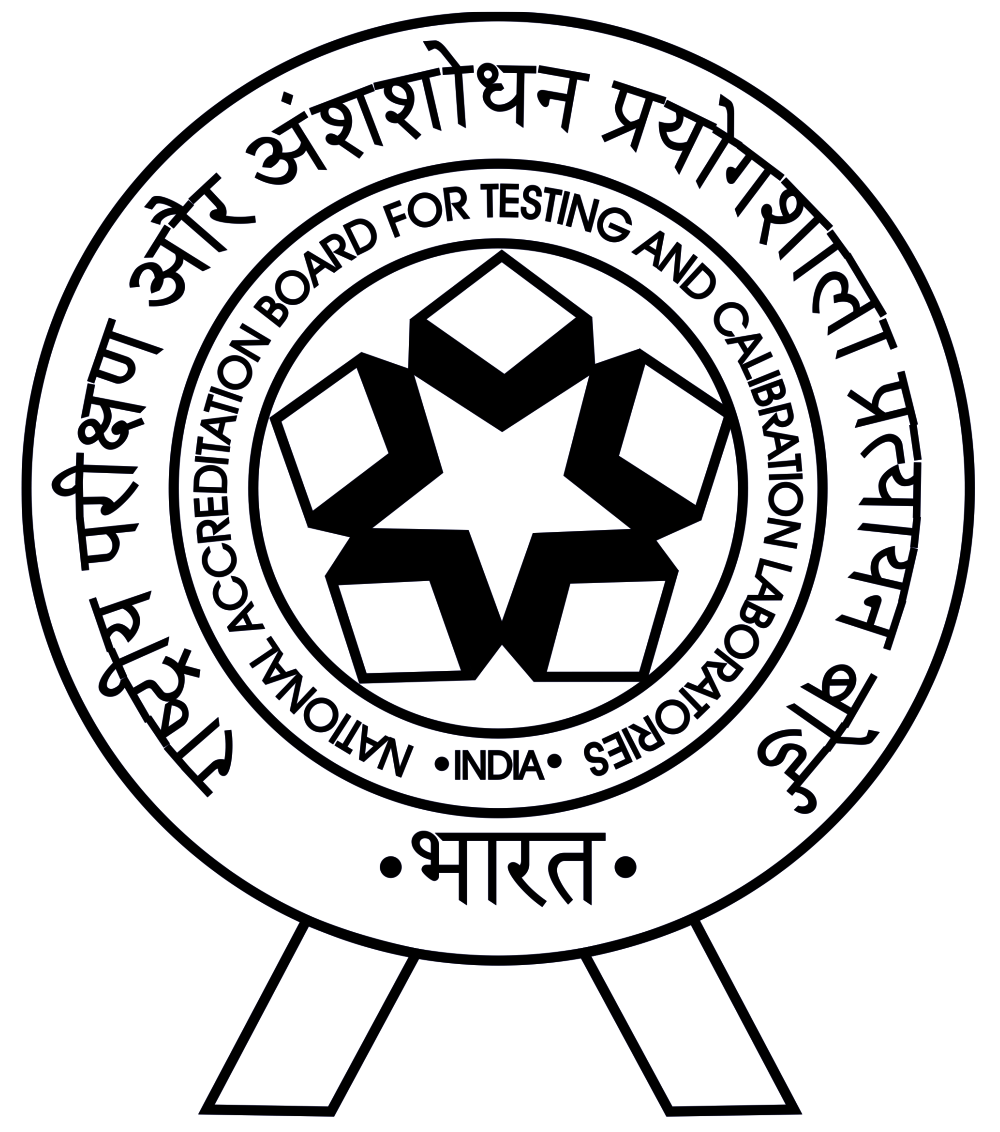Understanding Heavy Menstrual Bleeding

Understanding Heavy Menstrual Bleeding
It refers to abnormally prolonged or very heavy bleeding through the woman’s reproductive system, at least once in her lifetime.
At ShardaCare – Healthcity, we offer all forms of diagnoses and treatment to ensure the control of HMB in women and enhanced quality.
What is HMB?
Heavy Menstrual Bleeding (HMB) is Characterized by:
- Blood loss exceeding 80 millilitres per cycle.
- Menstrual periods last longer than seven days.
- Frequent need to change sanitary products or passage of large clots.
HMB, if left unmanaged, can result in complications such as anaemia, fatigue, and other health issues. It’s important to note that HMB can be a symptom of other underlying menstrual abnormalities covered under the term Abnormal Uterine Bleeding (AUB).
According to the PALM-COEIN classification (as per ACOG 2018):
- PALM: Structural causes (Polyp, Adenomyosis, Leiomyoma, Malignancy and hyperplasia).
- COEIN: Non-structural causes (Coagulopathy, Ovulatory dysfunction, Endometrial, Iatrogenic, and Not yet classified).
Causes
- Hormonal Imbalances
- Bleeding Disorders
- Pregnancy-Related Problems
- Medications
- Thyroid Disorders
- Pelvic Inflammatory Disease (PID)
- Endometriosis
- Fibroids
- Adenomyosis
Symptoms
- Bleeding more than once an hour through the products used for soaking.
- Taking more than a quarter passing clots.
- Abnormalities such as Menses lasting more than 7 days.
- Headache: Asthenia- almost all patients who had fatigue and weakness complained of this; anaemia- symptoms in almost every patient.
- Intense pain during menstruation or pain in the lower abdominal region.
If such symptoms become interfere with daily living or progress to some extent, one should consult a doctor.
Diagnosis
Proper Diagnosis is important in the management of HMB.
- Medical History: Speaking about symptoms, cycles, and other diseases.
- Physical Examination: The presence of some abnormalities can be determined through a pelvic exam.
- Blood Tests: Probably checking the mother’s haemoglobin and the peculiarities of clotting.
- Imaging: An ultrasound or MRI to check for fibroids or other problems with the uterus.
- Endometrial Biopsy: Biopsy of the endometrial tissue to ex rule out cancer or hyperplasia.














